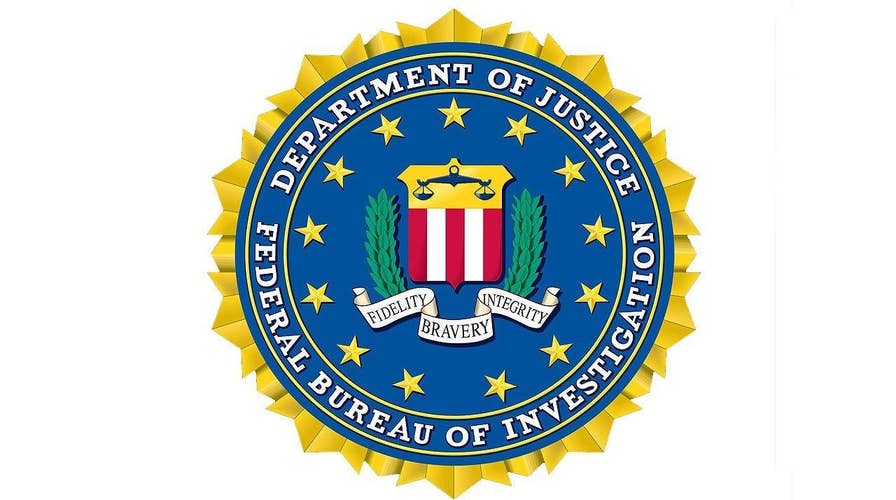Report: FBI asks Orlando agencies to deny records requests
Dr. Sebastian Gorka and Col. Ralph Peters react on 'Hannity'
The Federal Bureau of Investigation considered creating an alert system seven years ago to tip off agents to multiple gun purchases like those made by the Orlando, Fla., nightclub gunman, but abandoned the idea over legal concerns, according to multiple officials.
Law enforcement officials who study mass shooters say that multiple firearm purchases can be a key indicator that a troubled individual is taking concrete steps toward violence, much like Orlando shooter Omar Mateen, who bought a handgun and a rifle in the days before he killed 49 people.
The Orlando attack has prompted calls for changes in surveillance and gun control laws, but it isn’t clear any of them would have flagged the gunman.
Separately, FBI and Justice Department officials are evaluating if it would be legal or practical to create an alert system to warn investigators when gun purchases are made by people who, like Mateen, were once investigated for terrorism, according to officials familiar with the discussions.
An internal FBI document and interviews with current and former law enforcement officials show that authorities debated the prospect of flagging buyers of multiple guns as far back as 2009 and 2010, when a series of high-profile mass shootings raised questions about better ways to track potential attackers.
Agency officials set out to see if their data on background checks could help prevent shootings, according to the internal FBI memo reviewed by The Wall Street Journal. The memo, written for an intelligence unit in the FBI in 2010, cited “the rise of the recent lone gunmen such as the Holocaust Museum shooter; the Pittsburgh fitness center shooter; and the Fort Hood shooting.’’
The memo said that officials “were asked to review the National Instant Criminal Background Check System information to determine if any of the sharable information would be of value to the law enforcement or intelligence communities.’’ FBI analysts “also conducted additional research on individuals who attempted multiple purchases in the same month,’’ the memo said.
Starting in 2009 and continuing into the following year, FBI officials also began an experimental notification system for people who were prohibited from buying guns but made multiple attempts to buy them anyway. That pilot program was deemed so successful that it is now a national program, generating about 200 investigative leads a year, according to officials.
That notification system is one of what FBI officials call their “tripwires,’’ alerts designed to notify agents of activity that may suggest ongoing or planned terrorism or crimes. Other tripwires include notifications when an non-traditional customer buys chemicals that can be used to build bombs.
In 2010, FBI officials discussed creating a notification system for people who legally purchased more than one weapon in a short period of time, officials said. That system, if adopted, could have alerted them to the Orlando gunman’s purchase of a rifle and a handgun in the week before the massacre, among the many multiple purchases by other people during that week.
But the idea of a multiple-purchase alert system was discarded on legal grounds, officials said. The law that created federal gun background checks specifically barred officials from retaining that data, in order to prevent the government from creating a registry of gun owners. FBI officials concluded that even a subset of that data, involving those who made multiple purchases in a short period, would constitute a kind of gun registry.
The Orlando shooting hasn’t changed FBI leaders’ minds about the legality of creating a multiple-purchase alert system, officials said, but they are looking at alerts for gun purchases by people no longer on a terrorism watch list.


